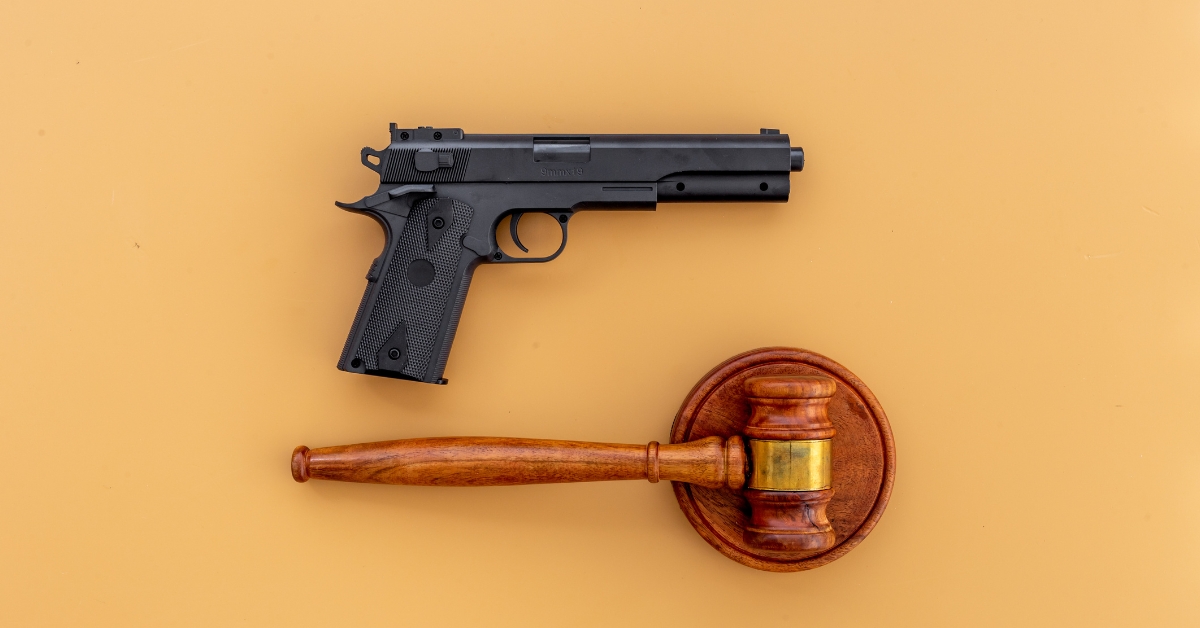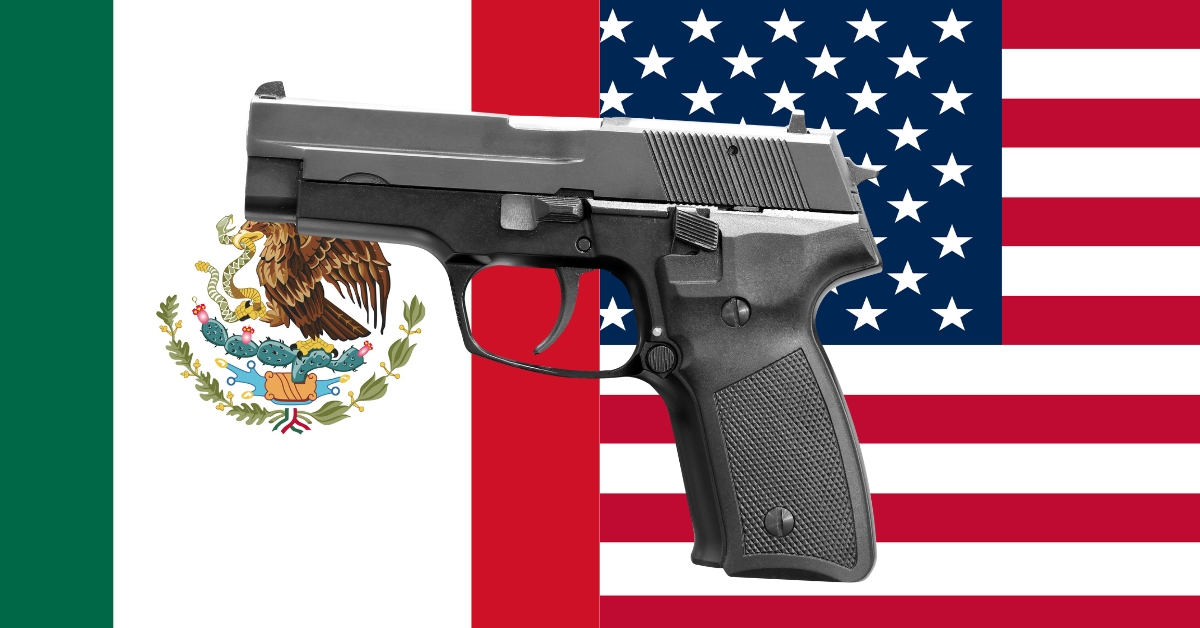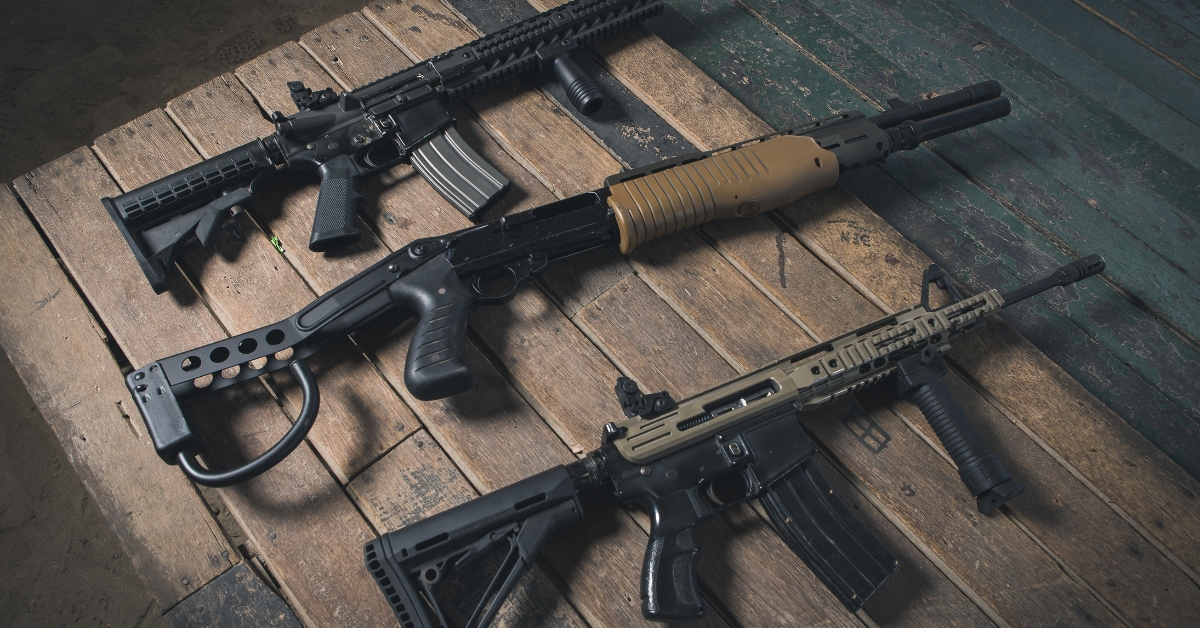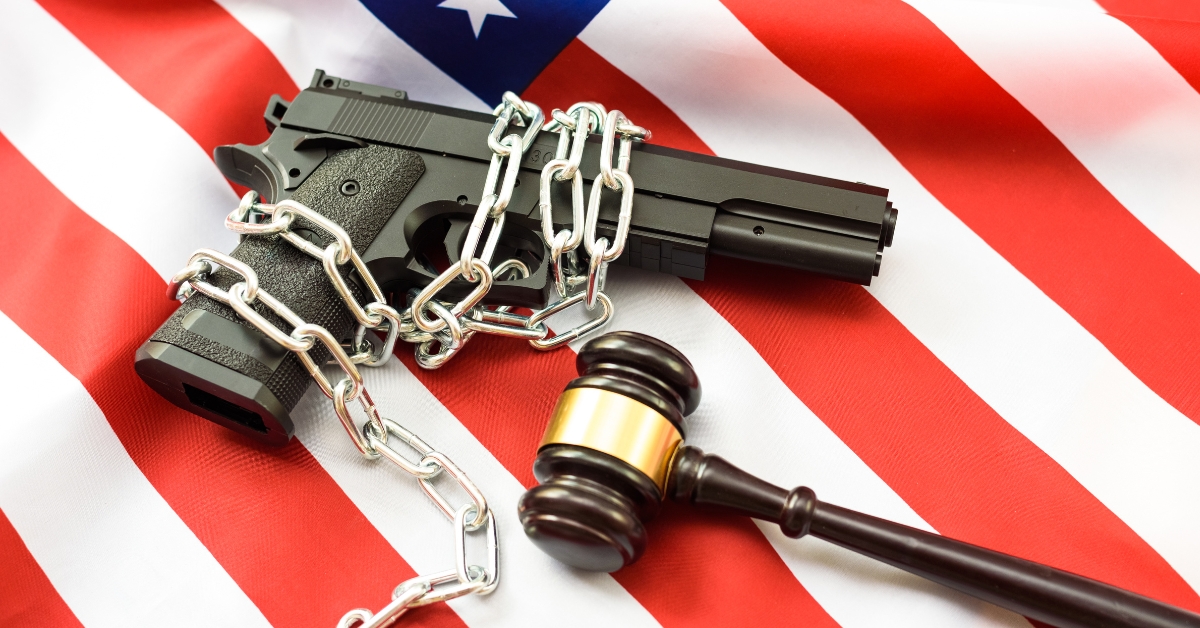
Federal Appeals Court Upholds Illinois Assault Weapons Ban
In a recent ruling, the federal appellate court in Chicago upheld Illinois’ assault weapons ban, dealing a blow to legal challenges seeking to overturn the law. The court supported the state’s position, arguing that the firearms covered by the legislation do not enjoy Second Amendment protection.
The decision stated that even essential personal freedoms have their limitations. Judge Diane P. Wood, writing for the court, noted that while the Second Amendment protects the right to bear arms, it doesn’t prevent reasonable regulations, just as the First Amendment doesn’t protect falsely yelling “fire” in a crowded theater or require permits for public assembly. Judge Wood was appointed by President Clinton.
The genesis of Illinois’ assault weapons ban can be traced back to a tragic mass shooting during a Fourth of July parade in Highland Park, a suburb near Chicago. The incident resulted in the loss of seven lives and numerous injuries.
The 7th Circuit Court of Appeals, in its ruling, categorized assault weapons and high-capacity magazines as more akin to machine guns and military-grade weaponry than firearms commonly used for individual self-defense. This argument challenged the notion that such weapons were protected under the Second Amendment.
The ban faced legal challenges through six separate lawsuits, all consolidated by the appeals court. These lawsuits argued that the ban infringed upon Second Amendment rights, leading to the appeals court’s decision.
Although the case was appealed to the Supreme Court, the highest court decided not to hear it, citing procedural grounds. Justices Samuel Alito and Clarence Thomas clarified that this procedural decision shouldn’t discourage advocates, emphasizing that the Supreme Court’s refusal to intervene wasn’t a commentary on the case’s merits but rather due to procedural considerations.
The central issue revolved around interpreting the 2022 Supreme Court decision in New York State Rifle & Pistol Association v. Bruen, which invalidated several of New York’s gun control laws. Plaintiffs contended that the Bruen ruling established that states couldn’t ban firearms considered “in common use.” However, Judge Wood expressed concerns about settling constitutional principles through a popularity contest, emphasizing that such decisions should be based on legal analysis, not public opinion.
Gun control advocates and Democratic leaders in Illinois celebrated the court’s decision. Democratic Governor J.B. Pritzker, who signed the assault weapons ban into law in January, praised it as a “common-sense law.” Governor Pritzker also called for action at the federal level, emphasizing that Congress should implement stronger gun control measures to prevent Illinois from becoming an isolated state surrounded by areas with less stringent protections.
While the recent decision upholds Illinois’ assault weapons ban, it’s important to note that the U.S. Supreme Court may still revisit the issue in the future and render a merit-based decision under the appropriate circumstances.














